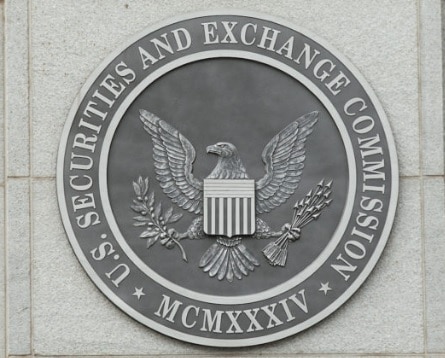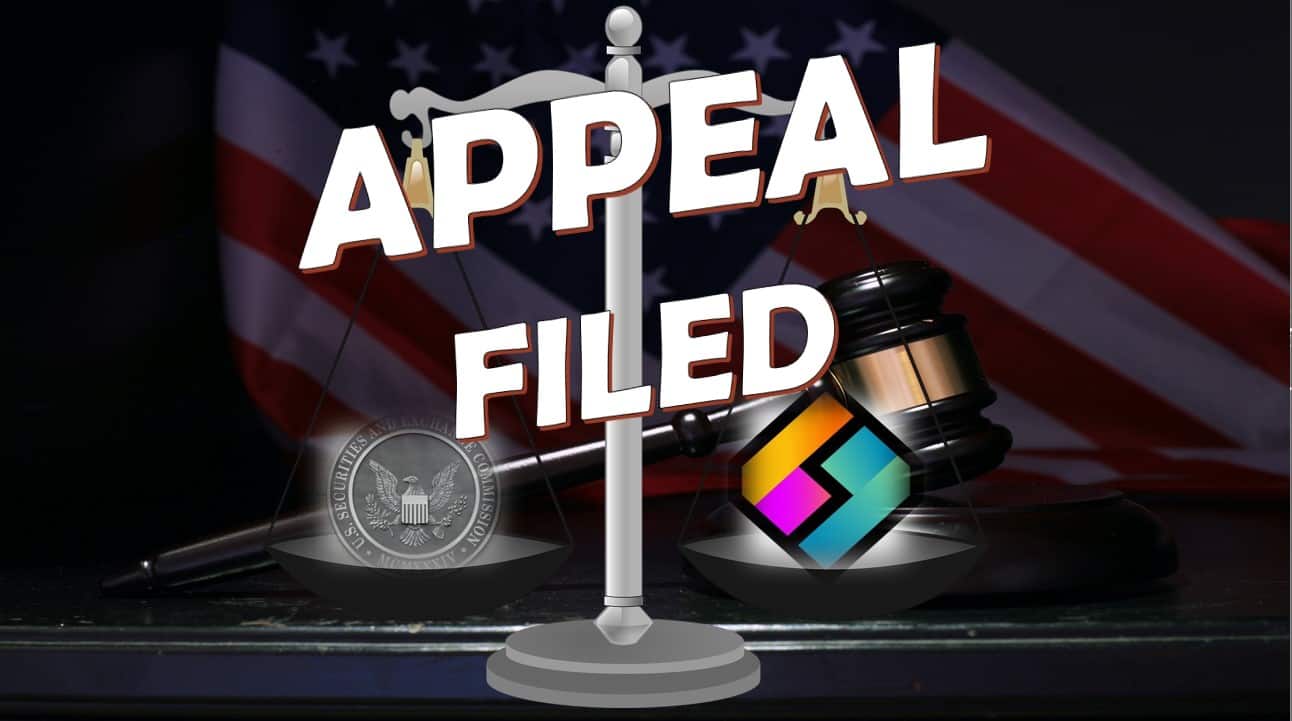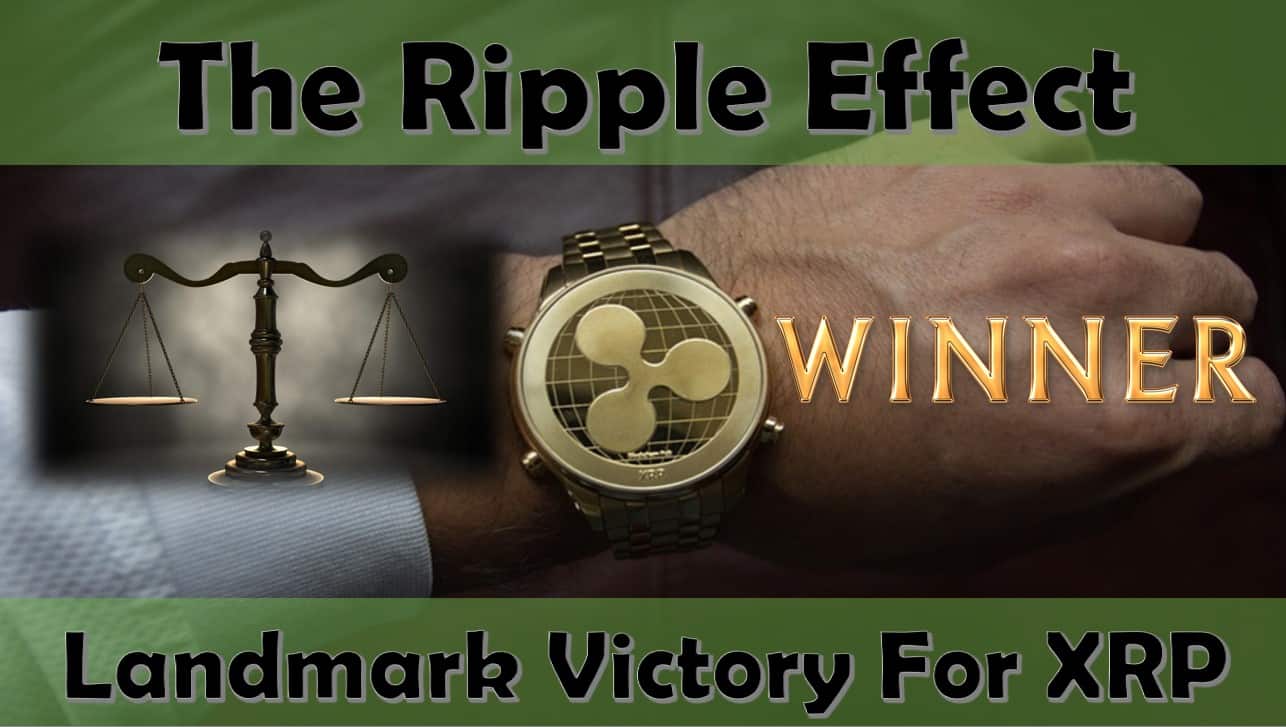
SEC To Run Cryptocurrency Nodes
Last updated on November 1st, 2022 at 04:50 pm
Many of us in the cryptocurrency space, especially US investors, almost dread to hear the SEC is looking at something else in the space.
But, we hope that they will eventually help the industry by providing clarity…
According to recently-published documents, it appears that the US Securities and Exchange Commission (SEC) is finally getting serious regarding digital currencies.

The regulator’s new move includes plans to employ contractors that would run full cryptocurrency nodes for three different coins — Bitcoin (BTC), Ethereum (ETH) and XRP. The new move is set to allow the SEC to keep an eye on compliance risks and gain a better understanding of the crypto space.
The news has certainly shaken up the crypto space and while many see it as a positive development, not everyone seems to be convinced that this is the case.
One of the issues regarding the document is the fact that it doesn’t exactly specify why the regulator wants to outsource contractors for running full node implementations. Many have found this troubling, especially considering a high number of existing blockchain explorers.

Furthermore, it is likely that, after a while, the regulator might also invite new contractors for running nodes on other blockchains, including EOS, Bitcoin Cash, Stellar, Zcash and even NEO.
All that the notice really highlighted is that the SEC aims to monitor risks, enhance compliance and ‘inform commission policy in regards to digital assets.’
Another thing that the regulator had pointed out is that the subscription will source the blockchain information from the nodes and not provide it as a secondary source, such as blockchain explorers.
As for the end operators, they will be able to work remotely. They will also use the regulator’s email invoices and the initial period is set to be one year. However, if the regulator finds that the move is successful in providing the necessary results, the contracts might be extended to four years.
Those interested in joining the project can submit their data scheme, a sample data file, dictionary and of course — a price estimate. The SEC also stated that it intends to award a fixed-price contract.
Trying To Make Sense of It All
As soon as the document was published, the crypto community started commenting and speculating on the meaning of such a move. Some, such as the crypto news correspondent Omar Bham, were thrilled by the move and surprised that the SEC took this long to start entering the space. A similar response came from Mati Greenspan, an analyst from the eToro platform.
However, there were also those who were more skeptical of the announcement, such as Nic Carter, the founder of Coinmetrics. Carter stated that the SEC is planning to outsource running nodes and that it is likely that they won’t ever run the nodes themselves.
In other words, the SEC only wants to obtain data. The two are most certainly not the same and should not be considered as such.
Of course, the crypto space has seen more interest from the SEC of late, primarily due to the influx of Bitcoin ETFs. The regulator has not approve any of them as of yet, despite the fact that many believed that VanEck/SolidX ETF proposal might see approval.
The main issue that the SEC has with cryptocurrencies is establishing their true nature. The regulator believes that most of the coins and tokens are securities and so far — it only recognized Bitcoin and Ethereum as non-securities.
However, recently, there was a change in the regulator’s attitude, when its Director of SEC Division for Corporate Finance, William Hinman, announced that the projects that are in compliance with the regulator’s demands and guidelines might receive a no-action letter.
In other words, the SEC does not plan prosecute the projects that choose to meet their demands, which is more than likely to encourage investors and token issuers alike.
Another positive development came recently when the regulator approved two token offerings — Props Project’s PROPS tokens, as well as Blockstack PBC’s STACKS tokens.
The new decision to employ contractors for running nodes appears to be, at least right now, a continuation of the regulator’s attempts to understand the crypto space and come up with proper guidelines.
Disclaimer
The information provided here is for INFORMATIONAL & EDUCATIONAL PURPOSES ONLY!
View our complete disclaimer on our Disclaimer Page






